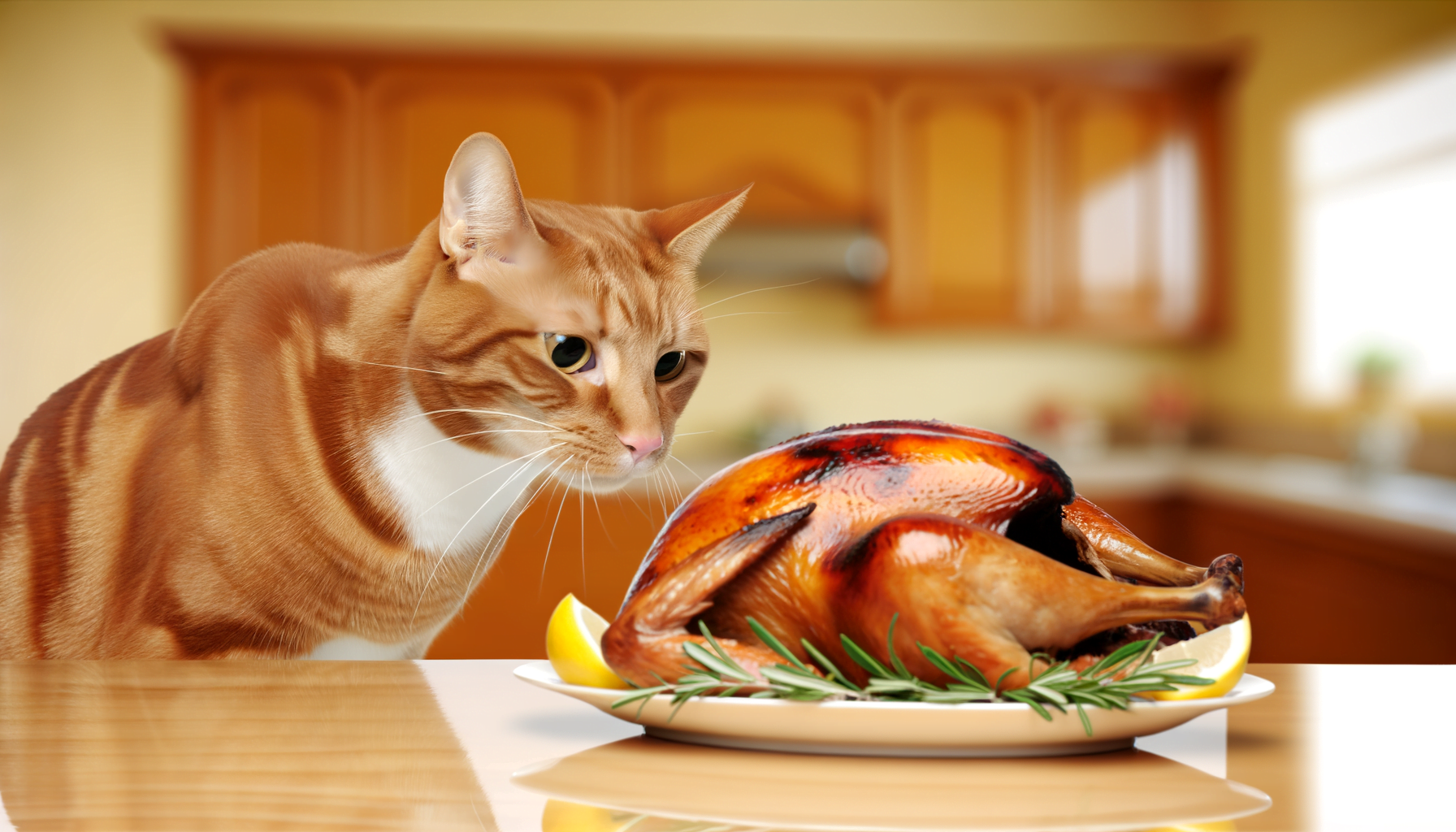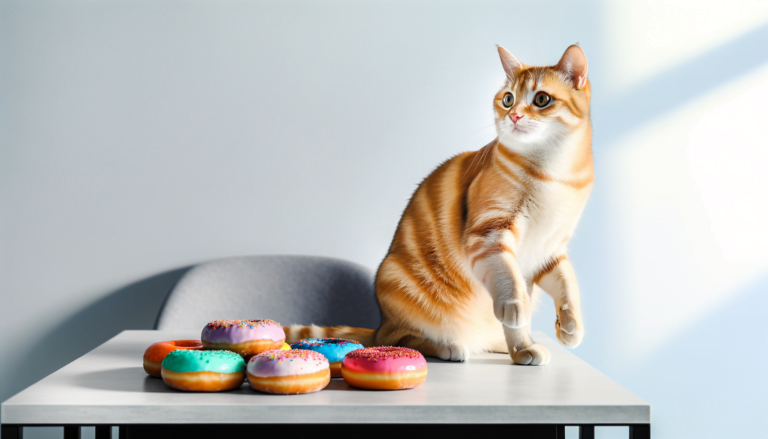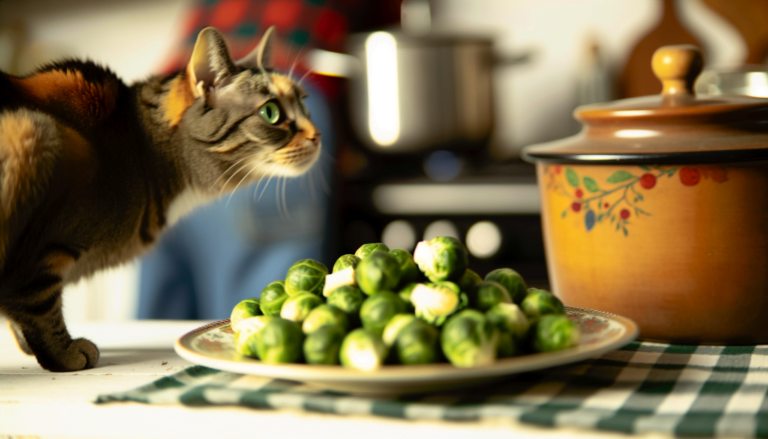Unraveling the Mystery: Can Cats Safely Feast on Turkey?
Yes, cats can safely consume turkey. Being carnivores, cats have a natural inclination towards meat, and turkey fits well within their dietary needs. It is advisable, however, to serve it cooked and unseasoned, avoiding harmful additives like garlic or onions. Additionally, the turkey should be bone-free to prevent potential choking hazards. This lean protein source can be a fitting part of a balanced feline diet.
Potential Benefits and Risks of Feeding Your Cat Turkey
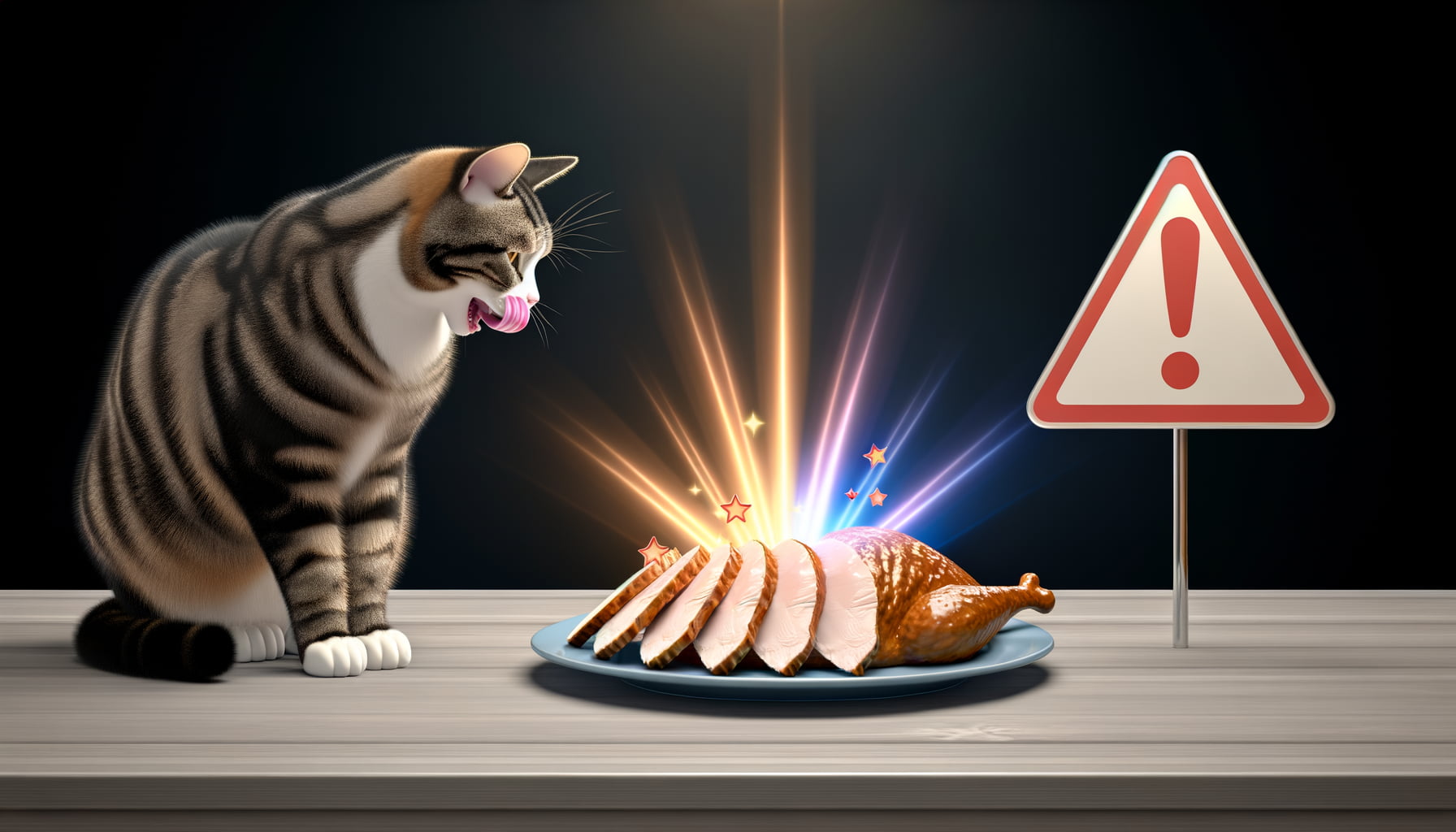
Cats, natural carnivores, thrive on protein-rich diets. Feeding your cat turkey can have potential benefits and risks. On the positive side, turkey, a lean protein, can contribute to your cat’s muscle development and energy levels. It is also a source of essential amino acids and minerals like taurine, a crucial component in feline diets.
However, precautions must be taken when adding turkey to a cat’s diet. Store-bought cooked turkey often contains seasonings, such as garlic or onions, which are toxic to cats. The bones can pose a choking hazard or cause internal blockage or damage. Overfeeding protein, including turkey, can potentially overtax a cat’s kidneys.
Moreover, undercooked or raw turkey exposes cats to potential bacterial infections like Salmonella or E.Coli. Considering these variables, turkey should not substitute a balanced, comprehensive feline diet but can serve as a supplemental protein source if given carefully.
Understanding a Cat’s Dietary Needs
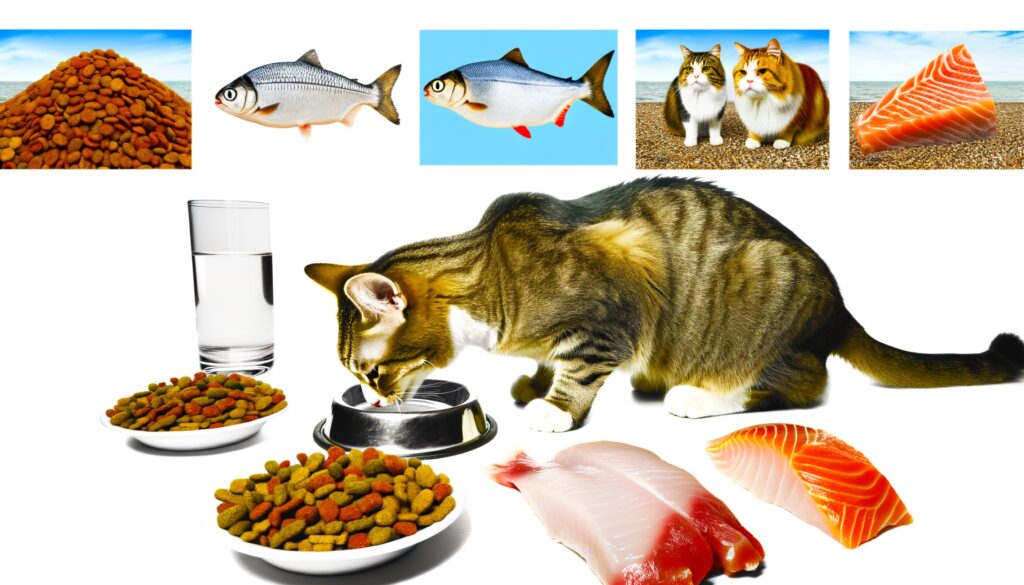
Cats, renowned for their fastidious eating habits, have very specific dietary needs that make them uniquely carnivorous. An integral understanding of these needs is vital. Composed predominantly of proteins, a cat’s diet must also include fats, vitamins and other essential nutrients to ensure their health.
Consider the amino acid taurine, an essential nutrient for cats. Deficiency in taurine can lead to serious health conditions like dilated cardiomyopathy and vision problems. Unlike dogs and other omnivores, cats cannot produce sufficient taurine internally and therefore must source it from their diet. Taurine is rich in meats, making a meat-based diet paramount for cats.
Not forgetting vitamins, a cat’s diet needs the right amount to function effectively. For instance, Vitamin A is crucial for their vision, skin, coat, and muscle health. Unlike other animals, cats cannot convert beta-carotene in plants to Vitamin A, further solidifying the case for a meat-rich diet. Moreover, cats require a specific blend of fatty acids, dietary fibre, and water for optimal health. A balanced meal for your feline friend goes beyond mere satiation – it’s an investment in their well-being.
How and When to Serve Turkey to Your Cat

Cats are creatures of habit, and introducing a new food like turkey into their diet should be done carefully and gradually. When it comes to the question of how, always ensure the turkey is well-cooked, unseasoned, and boneless, to eliminate potential hazards. Remember, cats interpret food’s aroma before they taste it. Hence, a heated piece of turkey, stripped into small, manageable pieces could be enticing.
To know when to serve turkey to your feline friend, it’s important to maintain a balanced diet pattern. Turkey can be introduced as a special treat during meal times, or used sparingly as a high-protein reward during training sessions. Remember, too much of a good thing can lead to dietary imbalance. Hence, let turkey constitute not more than 10% of your cat’s diet, with the remaining 90% being balanced cat food.
Additionally, monitor your cat following the introduction of turkey in their meal. If you notice any digestive issues or changes in behavior, cease turkey feeding and consult your vet immediately. Through keen observation and moderation, you can ensure that your feline friend enjoys their turkey treat without any negative impact on their health.
The Basics: Can Cats Eat Turkey?
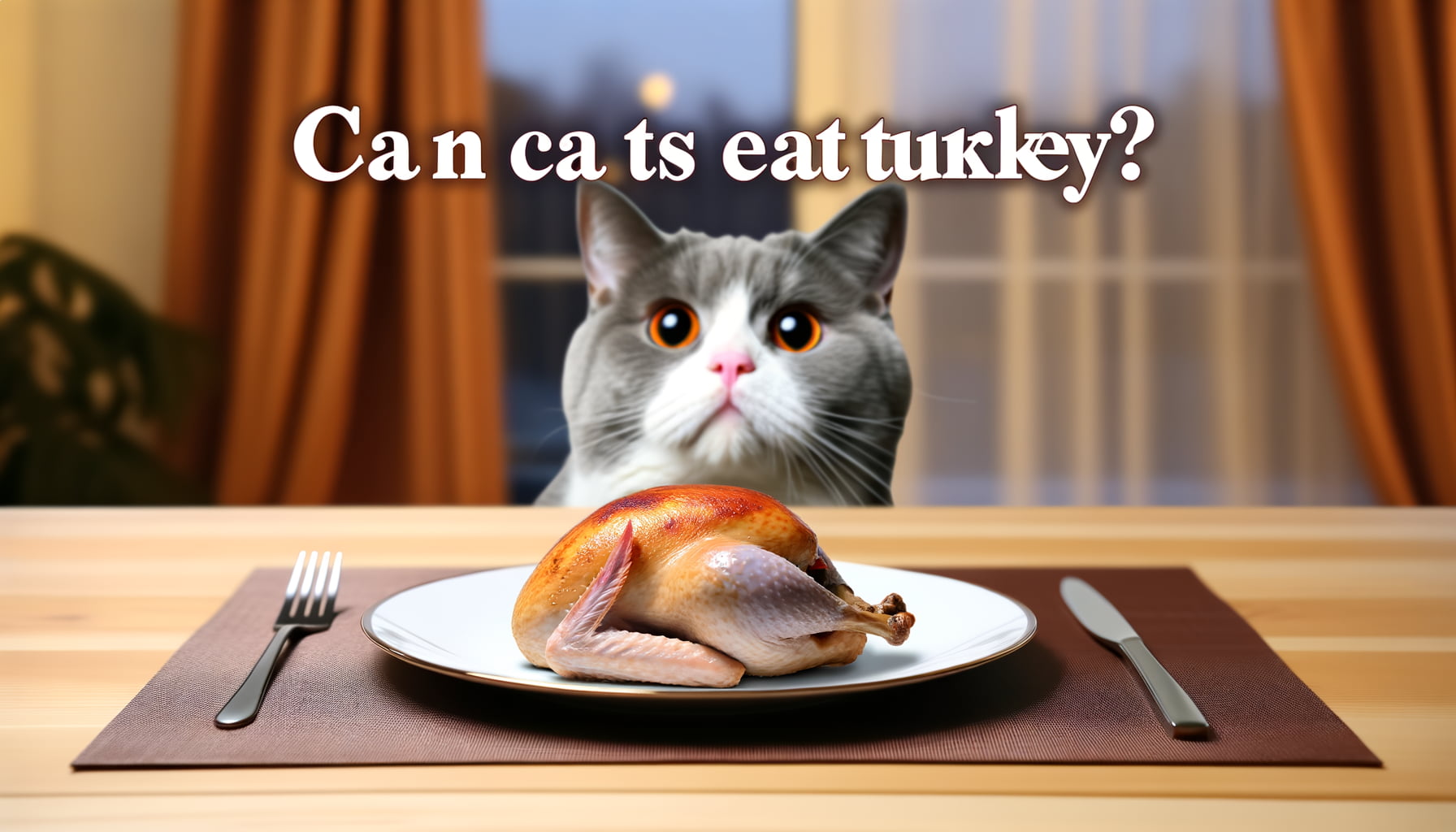
Let’s get straight to the point – yes, cats can eat turkey. This rather surprising fact is rooted in the predatory instincts of cats. As one of its dietary staples, cats have evolved to thrive on a meat-rich diet, including turkey. However, there’s a potential pitfall lying within this scenario. It’s vitally important not to confuse turkey products meant for human consumption, which may contain spices and other potentially harmful ingredients, with pure, unseasoned turkey meat.
Many cat owners might not be aware, yet their commonsensical perception of feline feeding habits is correct. Cats, unlike dogs, are obligate carnivores, meaning their bodies are designed to absorb nutrients primarily from meat. Thus, when presented with a piece of pure, cooked turkey, they are well equipped to metabolize it and benefit from its nutritional value.
Nonetheless, it’s essential to add a caveat. Too much of anything can have unintended consequences, turkey being no exception. Various factors like a cat’s age, size, and overall health status can influence its ability to process turkey, and excessive consumption can lead to problems such as indigestion or nutrient imbalances. Therefore, moderation is key when introducing turkey, or any new food item, into your cat’s diet.
Conclusion
Ultimately, the mystery of whether cats can safely feast on turkey remains unsolved. While turkey can be a source of protein for feline companions, moderation is key to prevent potential health issues. It is important for cat owners to consult with their veterinarian before introducing any new foods into their pet’s diet.
Understanding the unique dietary needs of cats and being mindful of potential risks can help ensure a safe and healthy diet for our beloved feline friends. By staying informed and seeking professional guidance, cat owners can make well-informed decisions regarding their pet’s nutrition.
